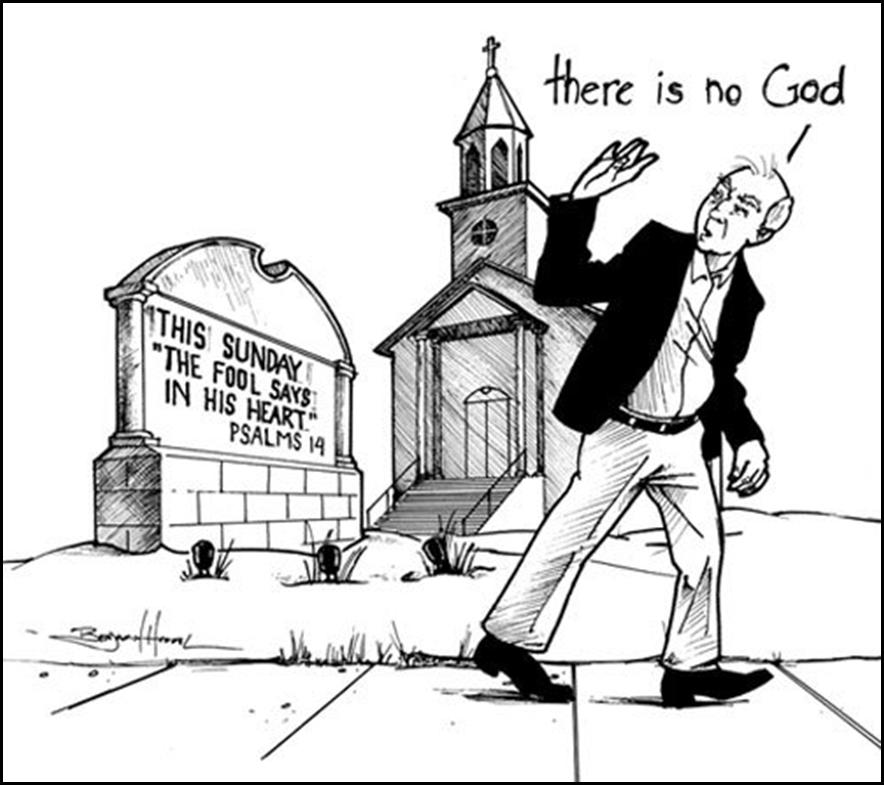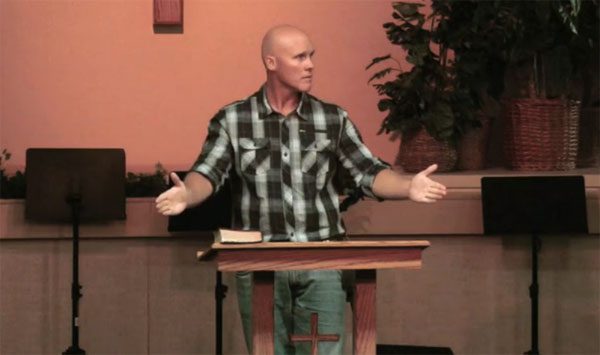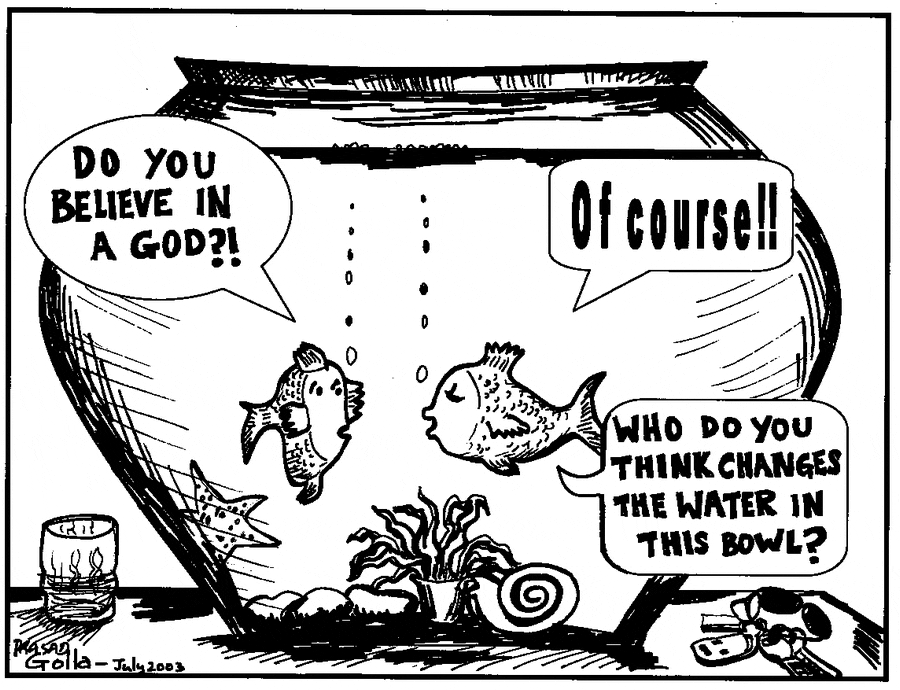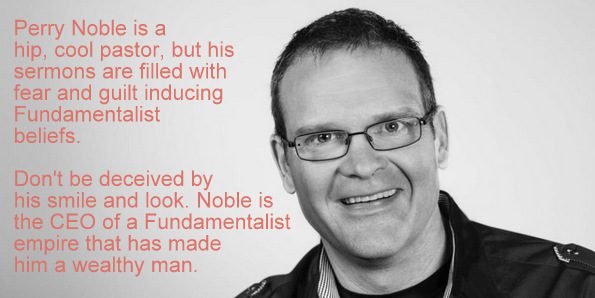 When people come to the church office asking for money, I ask them where they went to church on Sunday. If they name another church, I tell them to go ask that church for money. If you have an account at Bank of America, you don’t walk into Wells Fargo asking to make a withdrawal. The truth is, most of these people don’t go to church anywhere, and there are certain criteria in the Bible about who we are supposed to help.
When people come to the church office asking for money, I ask them where they went to church on Sunday. If they name another church, I tell them to go ask that church for money. If you have an account at Bank of America, you don’t walk into Wells Fargo asking to make a withdrawal. The truth is, most of these people don’t go to church anywhere, and there are certain criteria in the Bible about who we are supposed to help.
“For even when we were with you, this we commanded you, that if any would not work, neither should he eat.” 2 Thessalonians 3:10
“Pure religion and undefiled before God and the Father is this, To visit the fatherless and widows in their affliction, and to keep himself unspotted from the world.” James 1:27
“As we have therefore opportunity, let us do good unto all men, especially unto them who are of the household of faith.” Galatians 6:10
Our first priority should be members of our church who have a genuine need, especially the widows and the fatherless. Even the widows have to meet certain criteria as outlined in 1 Timothy Chapter 5.
The Bible does not teach that we should give away free money to every drug addict and whore that shows up on a Tuesday asking for money. These people have despised God’s commandments, despised chastity, and despised the institution of marriage. They are wasting what little money they have on lottery tickets, cigarettes, and worse. They go from church to church asking for money yet lack the character it takes to show up and even sit through one church service.
….
These lazy bums don’t want to hear what the Bible says, but they want God’s money. They want to use our church as an ATM machine when they don’t even have an account here. If you can’t stand the Bible and can’t stand preaching, then you should go somewhere else looking for money instead of a church.
With all of the government programs and charities available, people in the United States are not financially destitute. If they were really that hungry, they would be willing to sit through the service. These people need spiritual help more than financial help, but unfortunately, most of them are not interested in hearing the Word of God.
— Steven Anderson, Lazy Bums Wanting Money From Our Church, January 13, 2017

 David declared in Psalm 14:1, “The fool has said in his heart, There is no God.” There have always been men who have denied the existence of that supreme being whom we acknowledge as Creator and Lord of all. Not only have those who are opposed to religion made such claims, but today men of religion, self-styled theologians, are also saying that God does not really exist except in the minds of those who think He does. Yet, they themselves offer no demonstration or proof for their allegations besides their own philosophy and reasoning. We ought to have more objective evidence one way or the other. Is there any? Yes there is.
David declared in Psalm 14:1, “The fool has said in his heart, There is no God.” There have always been men who have denied the existence of that supreme being whom we acknowledge as Creator and Lord of all. Not only have those who are opposed to religion made such claims, but today men of religion, self-styled theologians, are also saying that God does not really exist except in the minds of those who think He does. Yet, they themselves offer no demonstration or proof for their allegations besides their own philosophy and reasoning. We ought to have more objective evidence one way or the other. Is there any? Yes there is.



 We look around and try to understand whether God understands and whether God sees. Does God see the circumstances we see, and does he see my struggles, and does he see the prosperity of the godless? The godless are wealthy and comfortable. Is God asleep? Does he watch the circumstances of the world like we watch them? Does he see the injustice of it all?
We look around and try to understand whether God understands and whether God sees. Does God see the circumstances we see, and does he see my struggles, and does he see the prosperity of the godless? The godless are wealthy and comfortable. Is God asleep? Does he watch the circumstances of the world like we watch them? Does he see the injustice of it all?

